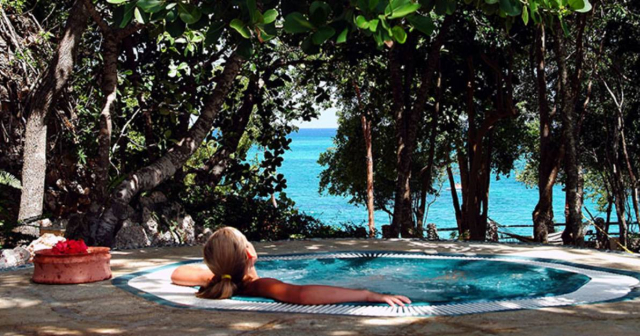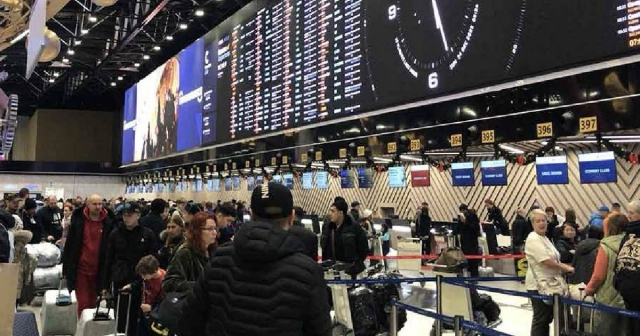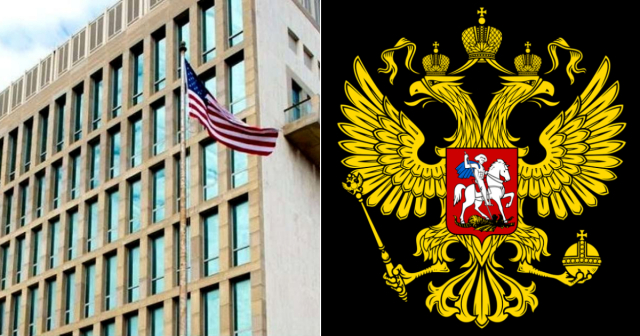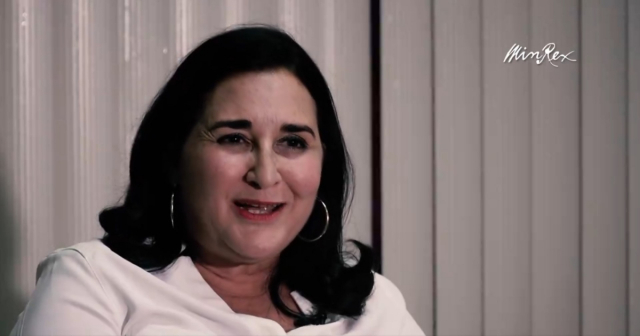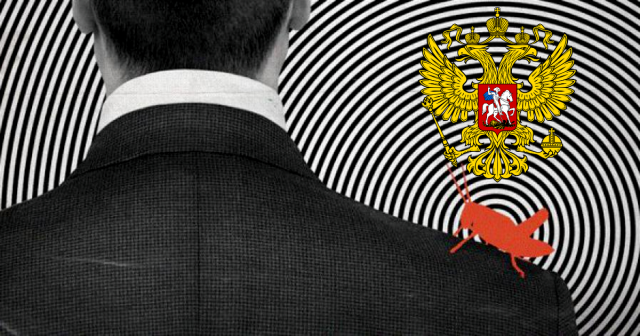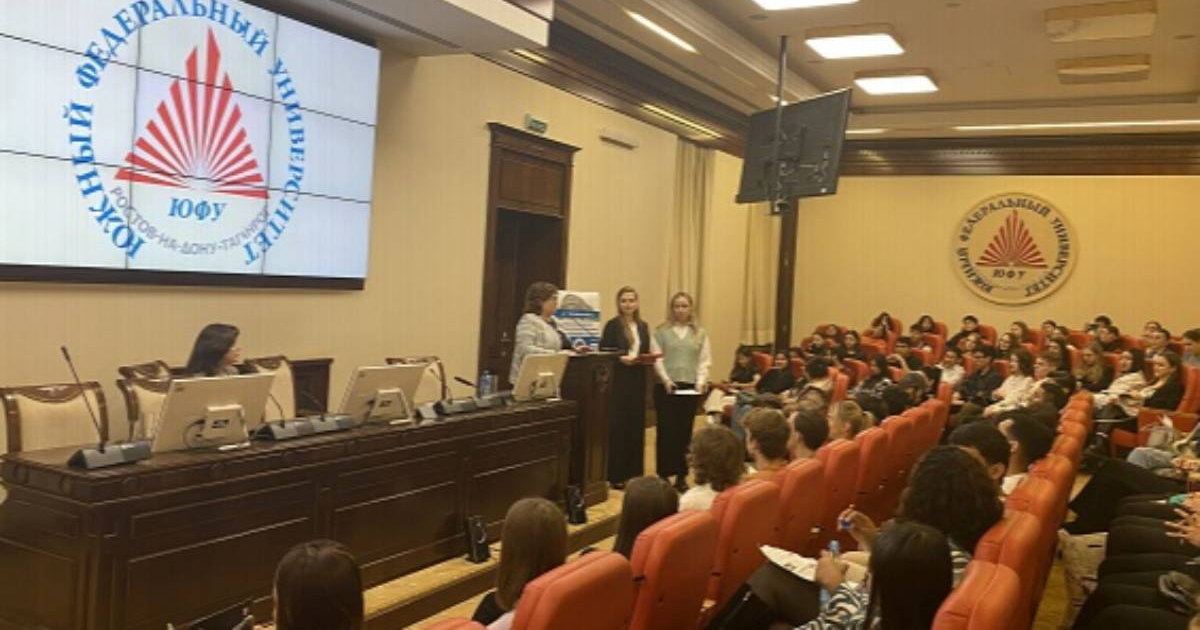
TheSouthern Federal University(SFedU) from Russia announced that it is actively working on the opening of its subsidiary in Havana, scheduled for the fall of 2024.
They already have advanced education programs underway that are marking a milestone in educational cooperation between Cuba and Russia.
The new step will be the opening of the branch in Havana, which both governments consider a great advance in bilateral relations as it promises to provide opportunities to Cuban students.
TheUniversity of Havana, with the support of the Ministry of Higher Education (MES) and the SFedU, will be the pioneer in the initiative to establish thefirst branch of a foreign university in Cuba.
The rector of the SFedU,Inna Shevchenko, said toTASS that this initiative facilitates access for Cubans to quality international education without having to leave the island.
Preparations are in the final stage, with the relevant documents being prepared for approval by the Ministry of Education and Science of the Russian Federation.
It is expected that by 2024-2025, the affiliate will begin enrolling students in natural sciences, humanities, engineering and technology programs.
In addition, Cubans will be able to prepare for training programsbachelor's, master's, postgraduate and doctorate. Students will receive training in Russian. The institution will once again promote the teaching of this foreign language in Cuba.
This rapprochement occurs in a context of intensification of bilateral cooperation, with special focus on sectors such asenergy and transportation, essential for the Cuban regime that is in a deep economic, political and social crisis.
The government made theannouncement of the opening of the SFedU branch at the end of 2023. The news brought to mind Cubans the times when students from the island went to train in various careers in Russian institutions such as the famousM. V. Lomonosov Moscow State University.
The Cuban regime faces a massive flight of talent with the immigration crisis. Students abandon university courses because they do not see a future in the country. Many do not believe that it makes sense to train professionally to practice on the island, due to low salaries, inflation, repression and lack of freedoms.
What do you think?
COMMENTFiled in:

